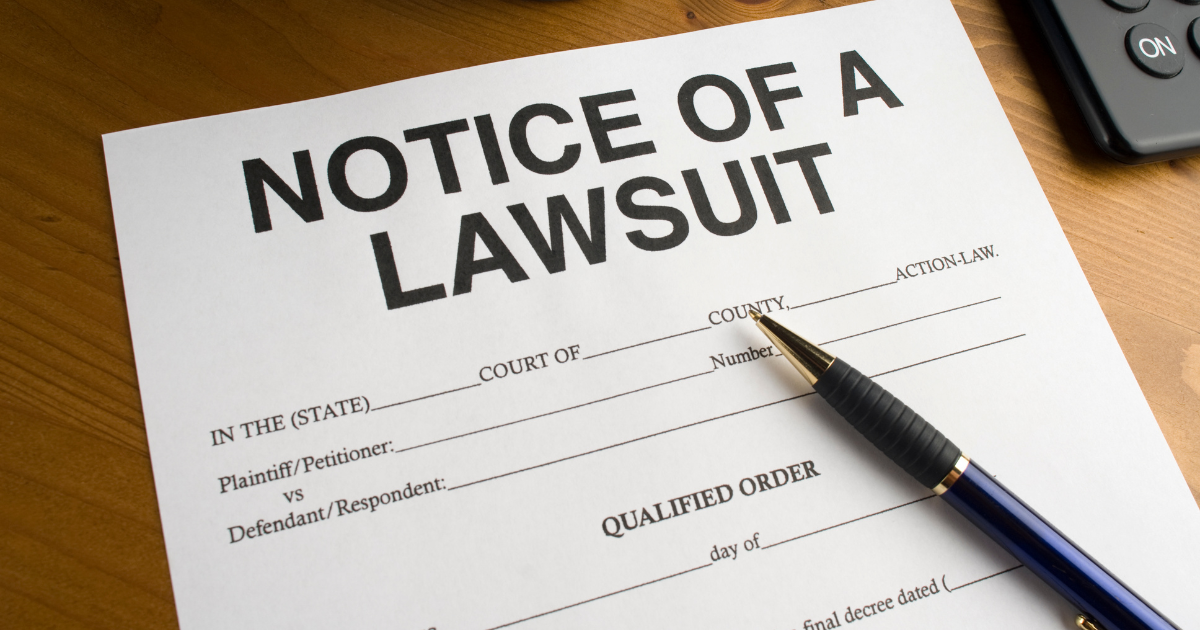On behalf of the Atlantic Legal Foundation (ALF), I have filed a merits-stage amicus brief urging the Supreme Court to hold in Mallory v. Norfolk Southern Ry. Co., No. 21-1168, that a nonresident corporation cannot be subjected to a State’s general jurisdiction merely because, as required by the State, it registers to do business. This is an important civil justice issue potentially affecting every corporation that does business in more than one State.
In Mallory the Supreme Court will decide whether a corporate defendant’s registration to do business in a State where it is not “at home” can be deemed consent to, or otherwise a basis for, exercise of the State’s general (“all-purpose”) jurisdiction, without violating the constitutional right to due process.
Case Background

Last January, ALF filed a petition-stage amicus brief urging the Supreme Court to review this issue in a different case, Cooper Tire & Rubber Co. v. McCall, No. 21-926 (see Cooper Tire case summary). The Court instead has granted certiorari in Mallory, an appeal from a Pennsylvania Supreme Court decision holding unconstitutional a Pennsylvania statute that arguably puts corporations on notice that registering to do business in Pennsylvania will be deemed consent to that State’s general jurisdiction. In the Cooper Tire appeal, which the Court apparently is holding in abeyance pending its decision in Mallory, the Georgia Supreme Court held that consent-by-registration is consistent with Pennsylvania Fire Insurance Co. of Philadelphia v. Gold Issue Mining & Milling Co., 243 U.S. 93 (1917), a case which the U.S. Supreme Court’s modern personal-jurisdiction jurisprudence implicitly abrogates, but does not explicitly overrule.
ALF Amicus Brief
ALF’s amicus brief in Mallory urges the Court to explicitly overrule Pennsylvania Fire in order to dispel any doubt about whether courts are bound by it. The amicus brief discusses why Pennsylvania Fire easily satisfies the Court’s stare decisis criteria for overruling erroneous constitutional precedents: Pennsylvania Fire (i) is egregiously wrong; (ii) continues to have significant adverse jurisprudential and real-world consequences; and (iii) any reliance interests in preserving it are minimal. In addition, ALF’s amicus brief explains that explicitly overruling Pennsylvania Fire would deter forum shopping and preserve interstate federalism.
Larry Ebner serves as Executive Vice President & General Counsel of the Atlantic Legal Foundation.

